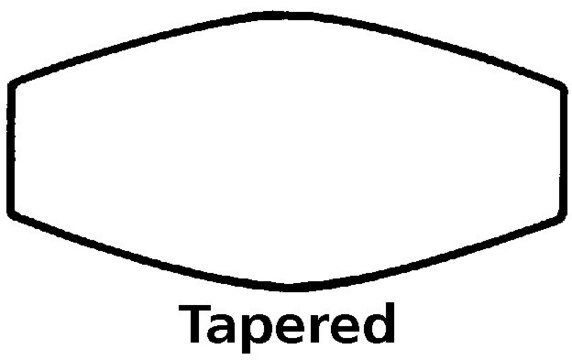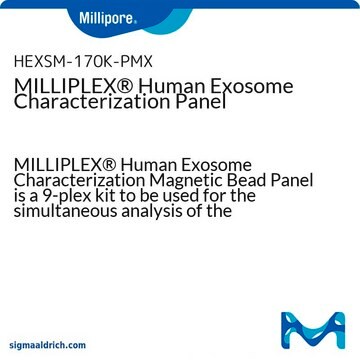11012007
SK-GT-4 cell line human
Synonym(s):
SKGT4 Cells
About This Item
Recommended Products
biological source
human esophagus
Quality Level
form
liquid
growth mode
Adherent
karyotype
Modal number 59 chromosomal aberration at 11p13-15.
morphology
Epithelial growing in islands
products
Expression of actin imtermediate filaments and growth factors TGF?1, TGF?2, TGF?3, TGF? and platelet-derived growth factor A (PDGFA). P53 mutation c.298C>T
receptors
Not specified
technique(s)
cell culture | mammalian: suitable
relevant disease(s)
cancer
shipped in
dry ice
storage temp.
−196°C
Cell Line Origin
Application
Culture Medium
Subculture Routine
Other Notes
Disclaimer
Storage Class Code
10 - Combustible liquids
WGK
WGK 3
Flash Point(F)
Not applicable
Flash Point(C)
Not applicable
Choose from one of the most recent versions:
Certificates of Analysis (COA)
Sorry, we don't have COAs for this product available online at this time.
If you need assistance, please contact Customer Support.
Already Own This Product?
Find documentation for the products that you have recently purchased in the Document Library.
Our team of scientists has experience in all areas of research including Life Science, Material Science, Chemical Synthesis, Chromatography, Analytical and many others.
Contact Technical Service






